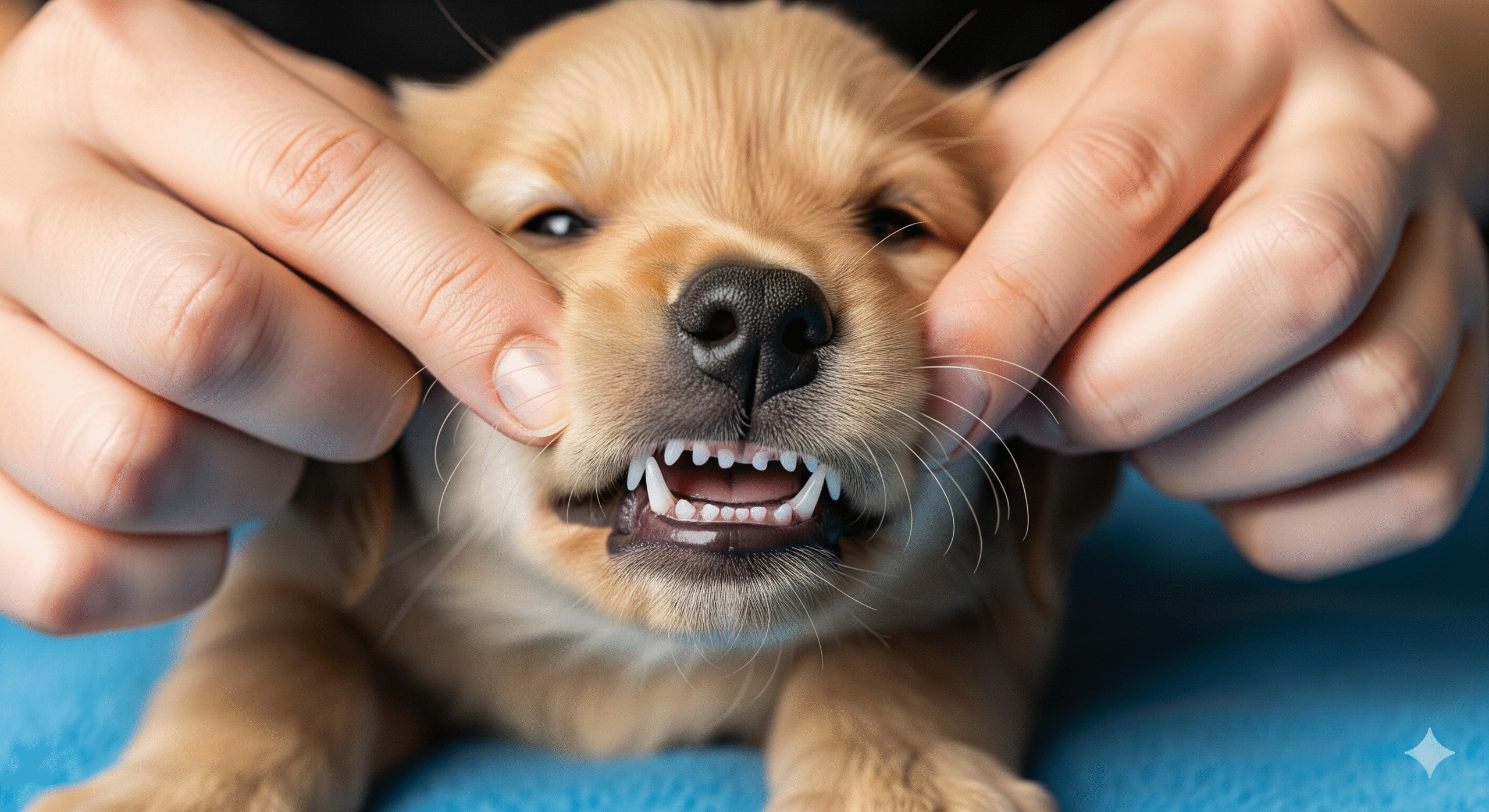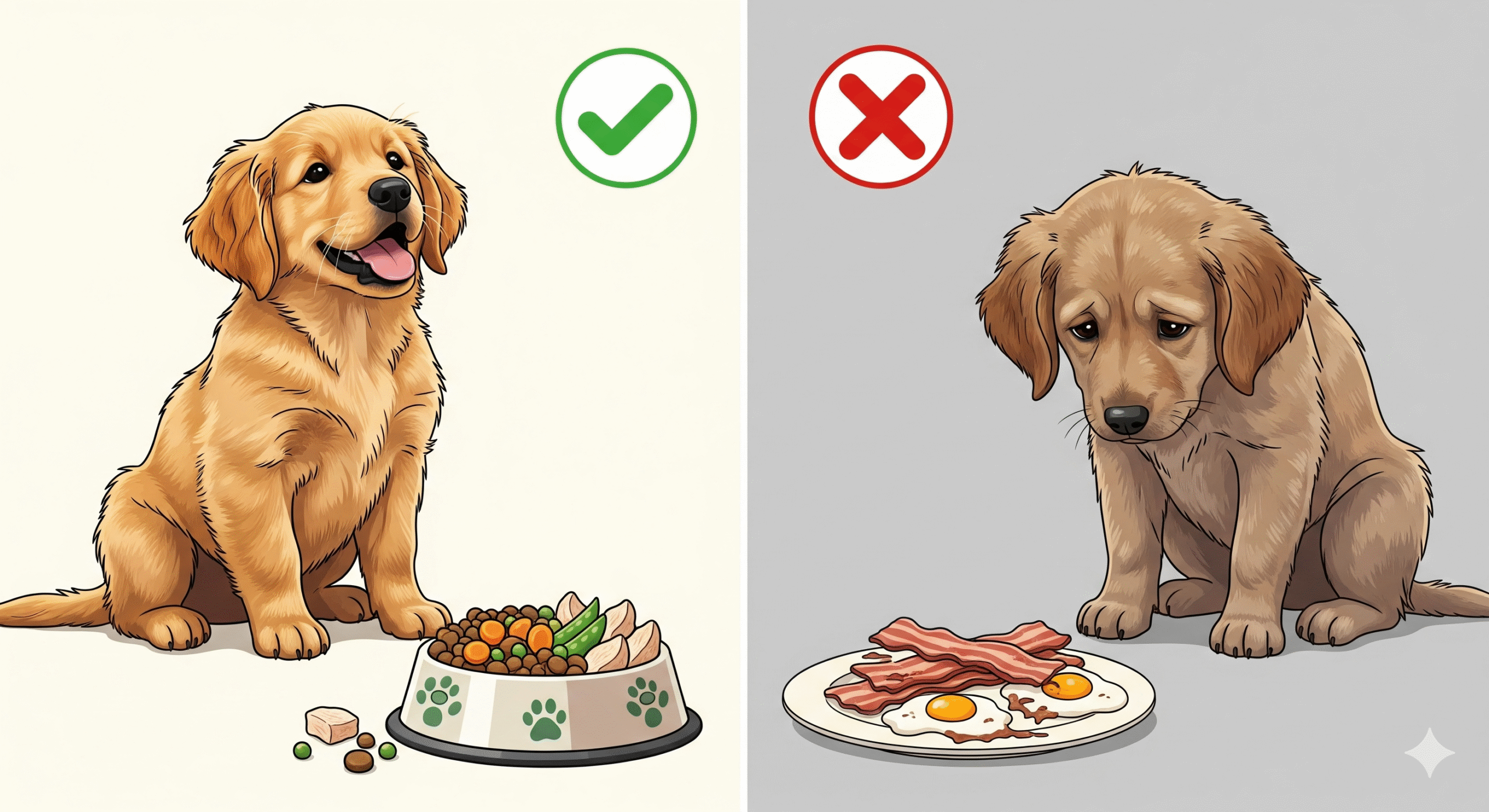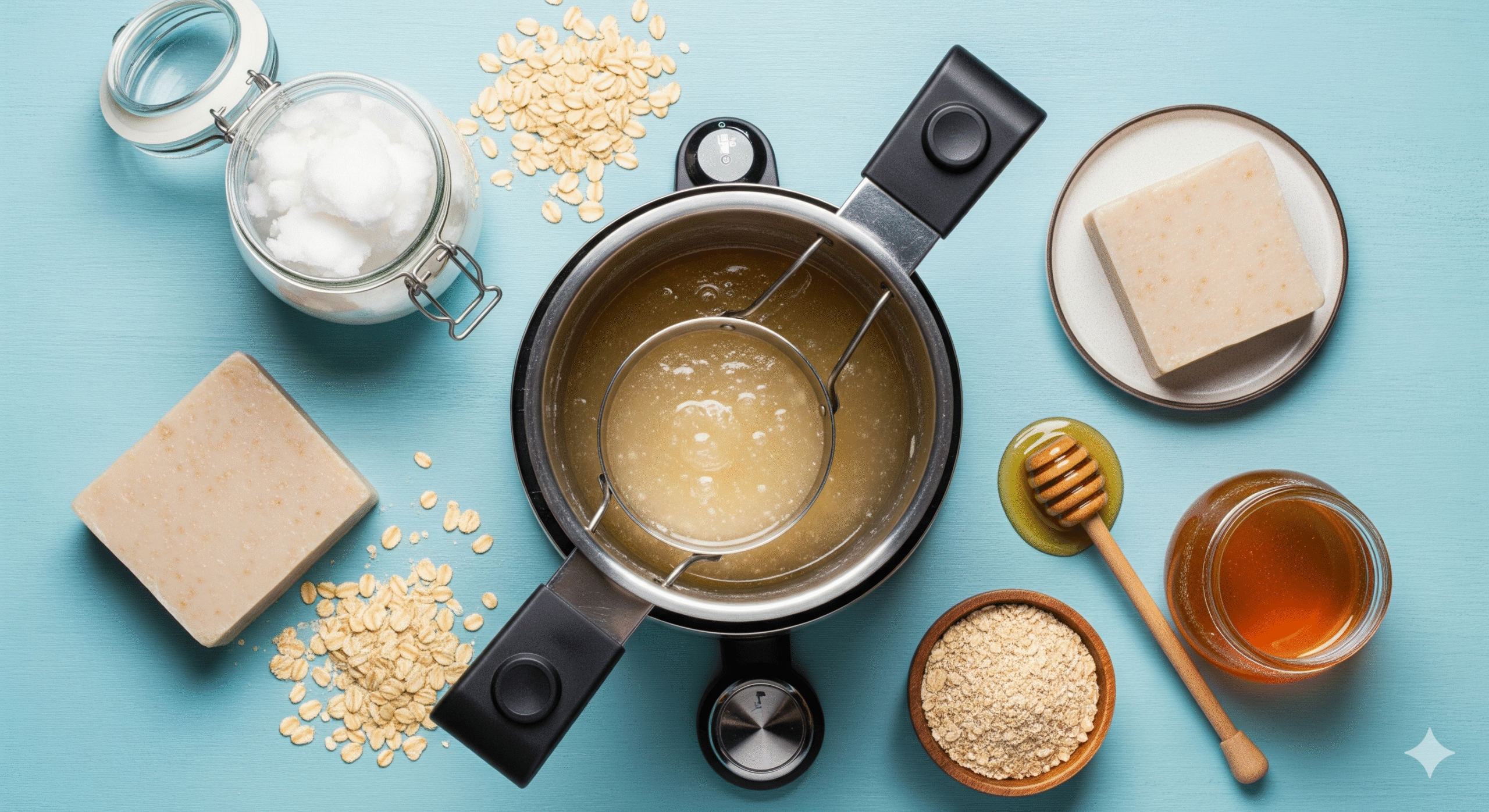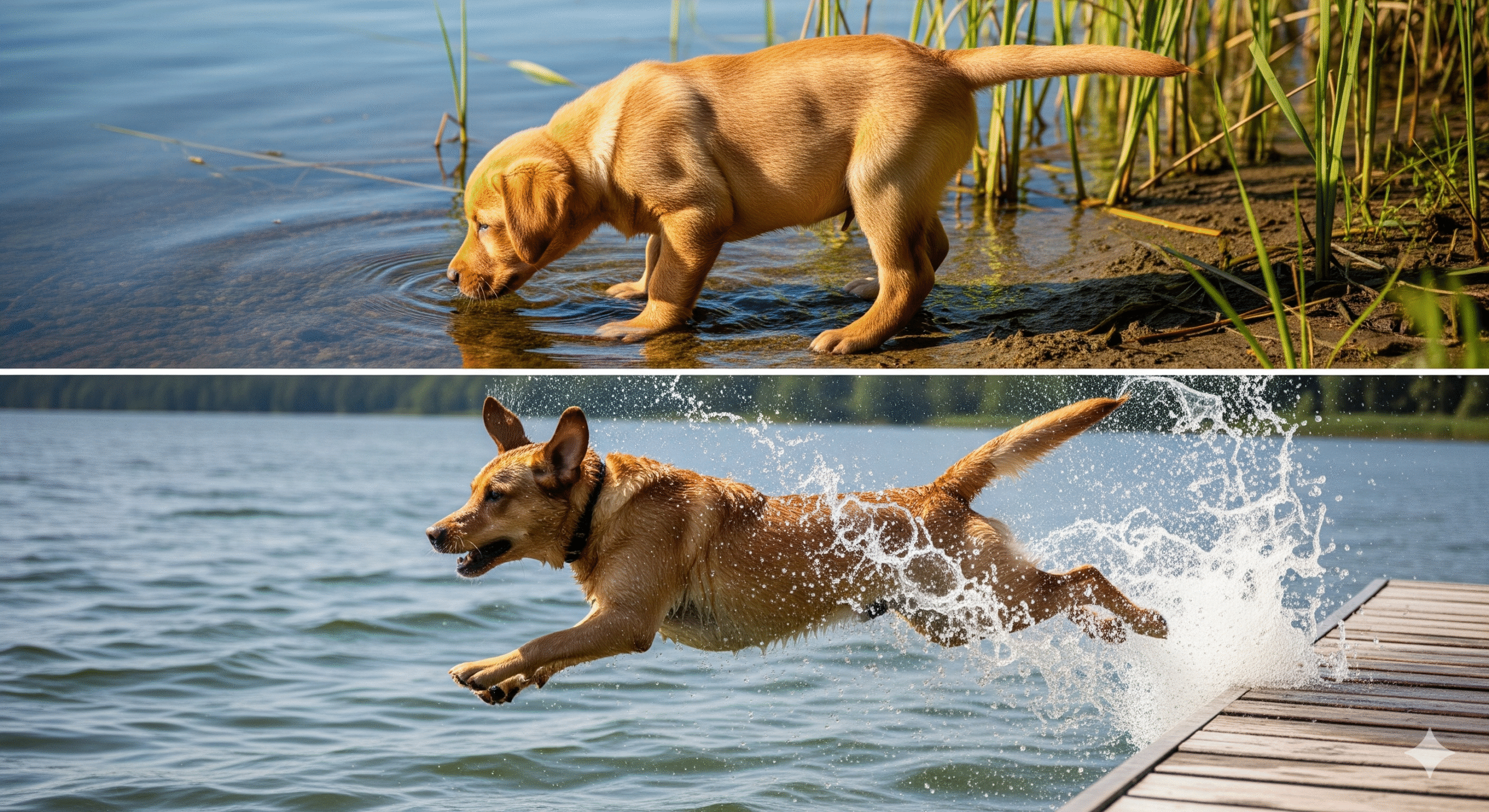There’s nothing quite like the sweet smell of a puppy’s head… until they yawn and unleash a wave of surprisingly stinky breath. While a certain level of “puppy breath” is normal, excessively foul odor can be a sign of an underlying issue. Puppy bad breath is a common concern for pet parents, but it’s often manageable with the right knowledge and care. 🩺
This comprehensive guide will help you sniff out the common causes of bad breath in puppies, distinguish between harmless puppy smells and red flags, and provide actionable solutions to restore your furry friend’s fresh breath. Remember, good oral health is a critical component of your puppy’s overall well-being and can prevent serious problems down the road.
Is It Normal “Puppy Breath” or a Problem? 🤔
First, let’s define “normal.” Many puppies have a distinct, slightly sweet or milky smell related to their diet and development. This is often considered pleasant by owners. Problematic bad breath, however, is noticeably foul and can be described as:
- Fishy 🐟
- Metallic or like blood
- Smelly socks or feces
- Sweet yet sickly (a sign of diabetes)
- Like ammonia or urine (a sign of kidney issues)
If your puppy’s breath makes you recoil, it’s time to investigate the cause.
Top Causes of Bad Breath in Puppies 🔍
Understanding the root cause is the first step to finding the right solution.
1. Teething Troubles (The Most Common Cause) 🦷
Between 3 and 6 months of age, puppies lose their baby teeth as their adult teeth erupt. This process is a prime suspect for stinky breath.
- Why It Happens: As the baby teeth loosen, food particles and bacteria can get trapped in the gaps around the teeth and under the gums. The gums themselves are inflamed and may bleed slightly, creating a perfect environment for bacteria to thrive and produce foul-smelling waste products.
- The Smell: Often metallic or fishy due to the presence of blood and bacteria.
- Is It Serious? This is a normal, temporary phase. The bad breath should resolve once all the adult teeth have come in and the gums have healed.
2. Poor Oral Hygiene & Plaque Buildup 🪥
Just like in humans, bacteria in the mouth constantly form a sticky film called plaque on the teeth.
- Why It Happens: Without intervention, plaque hardens into tartar (calculus), which irritates the gums and leads to gingivitis (inflamed, red gums) and periodontitis. The bacteria involved in this process produce volatile sulfur compounds—the same compounds that make rotten eggs smell bad.
- The Smell: Consistently foul, often like garbage or decay.
- Is It Serious? Yes. Dental disease is painful and can lead to tooth loss and systemic infections affecting the heart, liver, and kidneys.
3. Dietary indiscretions 🍗
Puppies explore the world with their mouths, and they often eat things they shouldn’t.
- Why It Happens: If your puppy has a habit of eating feces (coprophagia), getting into the garbage, or chewing on dead things they find outside, their breath will directly reflect those choices.
- The Smell: Like whatever they’ve eaten—feces, garbage, etc.
- Is It Serious? It can be. Besides the bad breath, eating inappropriate items can lead to gastrointestinal upset, poisoning, or internal blockages.
4. Underlying Health Issues 🚨
Sometimes, bad breath is a symptom of a problem originating outside the mouth.
- Kidney Disease: If the kidneys are failing, they can’t filter waste products from the blood effectively. This buildup of urea in the blood can lead to a breath that smells like ammonia or urine.
- Diabetes: A sweet, fruity, or acetone-like (nail polish remover) smell can indicate diabetic ketoacidosis, a serious complication of diabetes.
- Liver Disease: A profoundly foul, metallic breath odor can signal that the liver is not functioning properly and toxins are building up in the bloodstream.
- Gastrointestinal Issues: Chronic acid reflux or other GI problems can cause unpleasant odors to emanate from the mouth.
Solutions & Home Remedies for Fresher Breath 🍃
1. Establish a Dental Care Routine
This is the most effective long-term solution for preventing bad breath.
- Brushing Their Teeth: Use a dog-specific toothbrush (finger brushes work great for puppies) and enzymatic toothpaste (never human toothpaste, as it contains xylitol which is toxic to dogs). Start slow, making it a positive experience with plenty of praise and treats. Aim for daily brushing.
- Dental Chews & Toys: Provide vet-approved dental chews and rubber toys designed to scrape plaque off teeth as your puppy chews. Look for products with the VOHC (Veterinary Oral Health Council) seal.
- Water Additives & Dental Sprays: These are enzymatic solutions you add to their water bowl or spray in their mouth to help reduce bacteria.
2. Dietary Adjustments
- High-Quality Food: Feed a high-quality, AAFCO-approved puppy food. Some diets are specifically formulated for dental health.
- Healthy Snacks: Offer crunchy vegetables like carrot sticks or apple slices (no seeds) as healthy snacks that can help clean teeth.
- Coconut Oil: Adding a small amount (¼ tsp for a small puppy) of virgin coconut oil to their food can help improve oral health due to its antimicrobial properties.
3. Teething Relief
- Provide Safe Chews: Offer frozen rubber toys, wet frozen washcloths, or commercially available teething rings to soothe sore gums and help dislodge loose teeth.
- Gentle Gum Massage: Using a soft finger brush can feel good on their aching gums and get them accustomed to brushing.
When to See the Veterinarian: Red Flags 🚩
While some causes are benign, certain signs warrant an immediate vet visit.
- Bad breath that persists after teething is complete (around 6-7 months).
- Excessive drooling or pawing at the mouth.
- Loss of appetite or difficulty eating.
- Bright red, bleeding, or swollen gums.
- Loose or missing adult teeth.
- Any of the systemic smells mentioned above: sweet/fruity, urine-like, or metallic.
- Visible tartar buildup on the teeth (yellow/brown hard material).
Your veterinarian can perform a thorough oral exam, rule out serious health conditions, and may recommend a professional dental cleaning under anesthesia if needed.
<H2> Preventing Puppy Bad Breath: A Lifelong Habit 🛡️
The best treatment is always prevention. Start your puppy on a lifelong dental health regimen early.
- Get them used to mouth handling from day one.
- Schedule a puppy wellness exam that includes a look at their teeth and gums.
- Make oral care a daily, positive ritual.
The Bottom Line: Don’t Just Mask the Smell 🎯
It can be tempting to use dental mints or sprays to cover up the odor, but this is like putting perfume on a dirty litter box. It doesn’t solve the problem. By addressing the root cause of your puppy’s bad breath, you’re not just ensuring sweeter kisses—you’re investing in their long-term health and happiness.
Has your puppy battled bad breath? What solution worked best for you? Share your experiences and tips in the comments below to help other pet parents! 👇
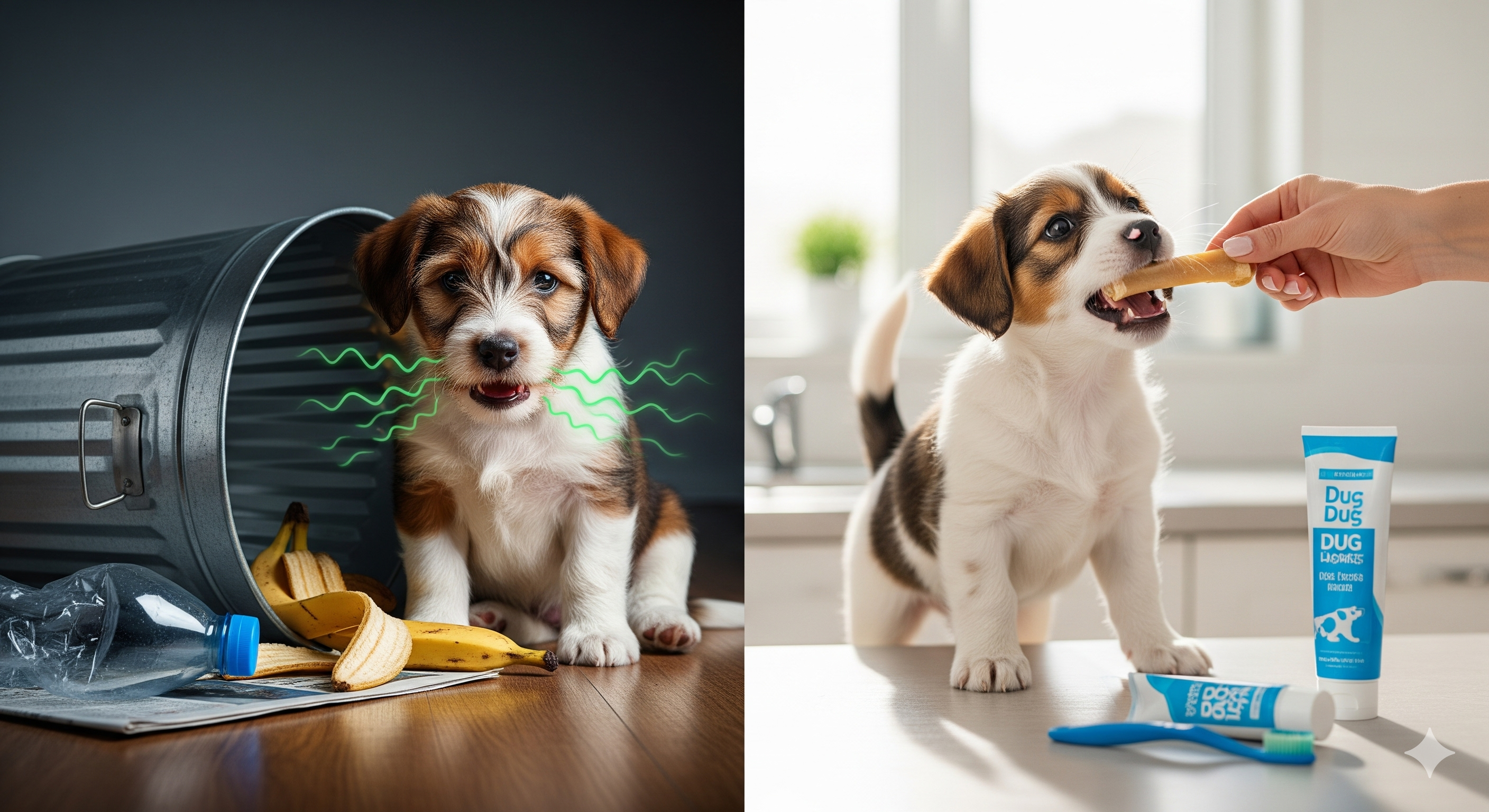
“Getting your puppy comfortable with handling their paws, ears, and mouth is a foundational part of grooming that will make vet visits and future care much easier. While you’re getting them used to you touching their teeth and gums, you can also introduce products that support their oral health between brushings. Incorporating dental chews into their routine can be a positive experience that reinforces good health. To ensure you select a product that is effective and safe for your puppy’s developing teeth, have a look at our thoroughly researched recommendations for the Best Dental Chews for Puppies.“

